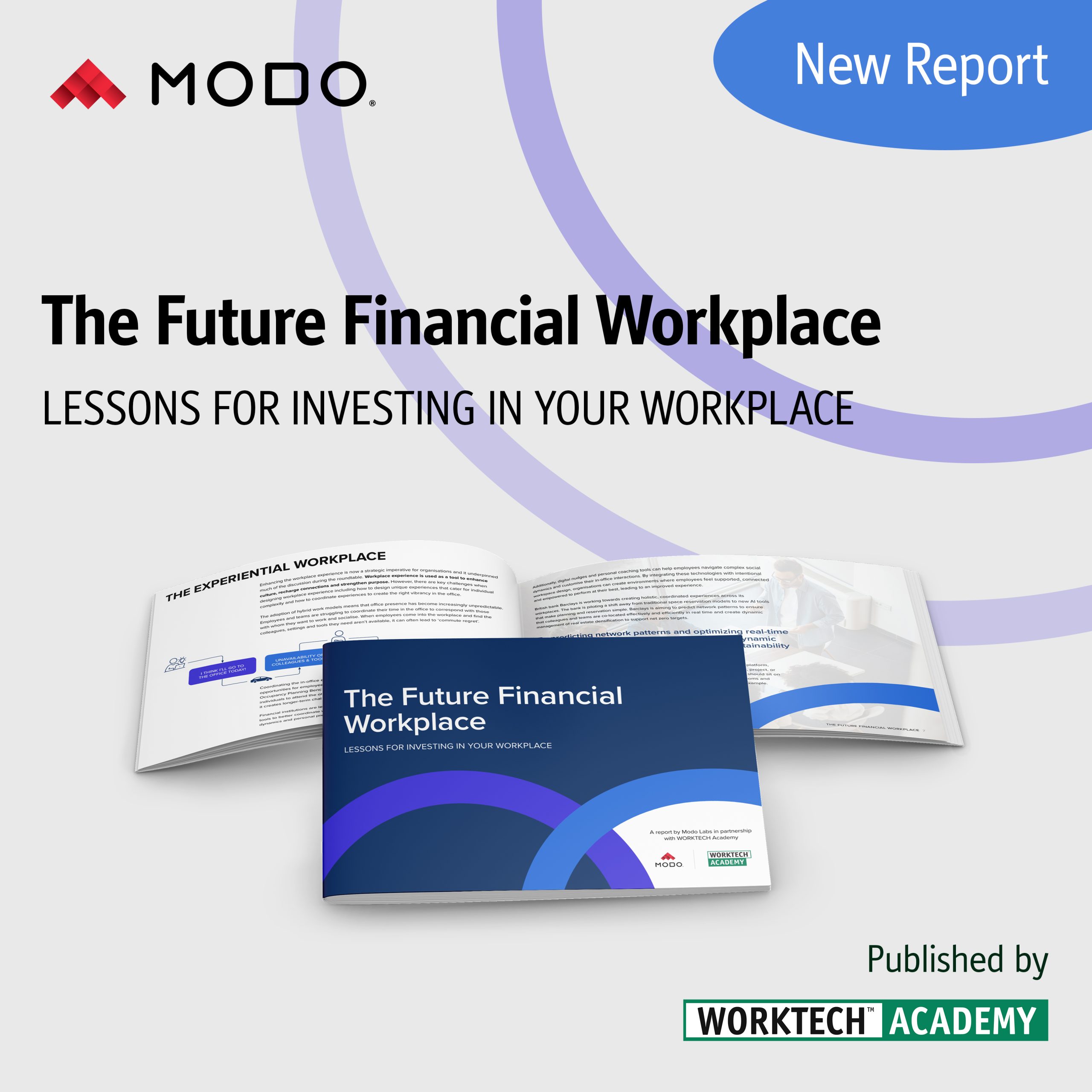The Future of Work – a world of pure imagination?
The world of work is rapidly changing, and digital domination means a shift in the type of work we do and how we do it. Leeson Medhurst of 360 Workplace discusses the transition to a ‘Willy Wonka’ principle of working
The future of work is one of the most widely discussed topics in our industry today. Type the phrase into Google and a staggering 2.2 billion hits are retuned. But what is the future of work, and how will our children and generations to come occupy the offices of tomorrow and what will they look like?
‘What was new and unthinkable, is now the norm…’
What we know with absolute certainty, is we are not very good at predicting the future. This has been true for countless years. Think back to the opening scenes of the original Blade Runner movie filmed in 1982. It had us believing that by November 2019 we would all be travelling around in spacecraft and having the helping hand of personal robots at our services. This is a far cry from what Los Angeles currently looks like, and I find it hard to believe wholesale change will sweep across that city within the next 18 months.
So what do we know about work today? Well, it has changed, and it’s arguably almost unrecognisable from what we did just a handful of years ago. What was new and unthinkable, is now the norm. We live in a blended world where work no longer starts at 09.00 and finishes at 17.00. We intertwine our social and work lives with no clear boundary between the two. This blurry line is the direct result of the digital age train that is unstoppable – but miss it at your peril.
The changing nature of work
We also know that the digital express is hell bent on automation, with some sources predicting robots could eliminate up to five million jobs in the top 15 major economies. However, we should not fear this in my humble opinion. As for every door that closes, think of the next that opens. By popular estimate, 65 per cent of children entering primary school today will work in new jobs and functions that don’t currently exist. By way of an example, if 10 years ago your beloved teenager burst through the front door of home, returning from a productive meeting with their careers advisor, promptly announcing their desire to be an app developer, I am sure we would have looked on with some caution and angst. Today, the tide has changed with new careers in social media management, SEO optimization and, of course, Uber drivers. These are just some of the examples that we had no idea about such a short time ago, however now the norm. The BBC world service programme picks up on this point very well.
The future on work depends on imagination and creativity…
We also know you can work from anywhere and in any location. I like to refer to this as Martini working – anytime, anyplace, anywhere! But that comes with its flaws that can be destructive and quite demoralising. Right in the heart of Maslow’s law of hierarchy he talks of belonging and the need for social interaction. Working alone in silos, away from the office or long periods of travel can be a lonely place. And even for the hardiest of self-starters and self-motivators, its hard work. I can speak from experience, as I am mid project for a client based overseas. This has meant my interaction with the team has dropped off significantly and it’s hard not to feel disconnected from the team and I miss the banter you get from the face to face interactions.
On this basis, I believe the office is here to stay, and I am willing to place a wager on this. We will still need a base, a home and landing spot. Call it what you will – I call it an office.
To sign off on this very over publicised topic. The future of work is hard to predict, in fact, it’s impossible. I believe it will be based on imagination and creativity; where the boundaries will become even further blurred. We could call it the ‘Willy Wonka’ principle – where the workplace will become a world of pure imagination where there will be no limits.








